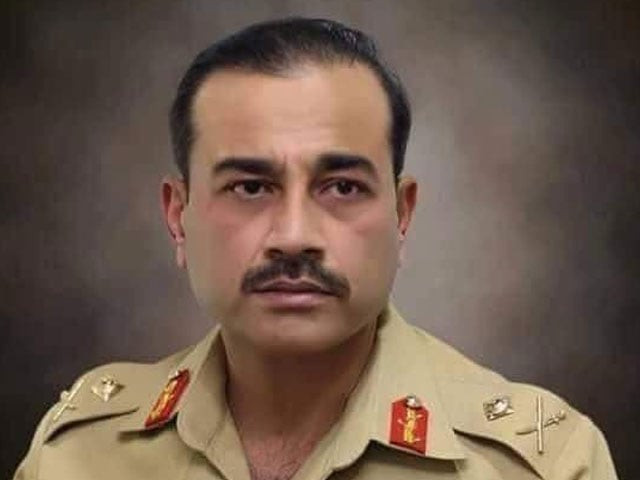Explainer: Why Pakistan's army chief matters far beyond its borders
Gen Asim will play a key role in managing risks of conflict with India

Pakistan named Lieutenant-General Asim Munir as the head of the country's nuclear-armed military, the most powerful institution in a nation seldom far from its next crisis.
The appointment could have a crucial bearing on the future of Pakistan's fragile democracy, and whether relations with neighbouring India are allowed to improve:
The army’s role in Pakistan
During the 75 years since independence and formation of Pakistan out of the Partition of India, the army has seized power three times and directly ruled the Islamic republic for more than three decades, fighting three wars with India along the way.
Even when a civilian government holds power, Pakistan's generals retain a dominant influence over security matters and foreign affairs.
Who is Asim Munir
Munir will replace General Qamar Javed Bajwa, who retires later this month after a six-year term.
Munir served in an area disputed with India that borders China and also in Saudi Arabia, a major financial supporter of Pakistan.
He later headed Pakistan's two most influential intelligence agencies - Military Intelligence (MI) in 2017 and then the Inter-Services Intelligence (ISI) in 2018. He was removed as ISI chief after just eight months on the request of then-prime minister Imran Khan. No reason was given for his removal.
Munir is currently serving as the army's quartermaster general, in charge of supplies.
Why it matters globally
Pakistan's army chief will play a key role in managing risks of conflict with nuclear-armed rival India on its eastern border, while dealing with potential instability and friction with Afghanistan on its western frontier.
Many world capitals, including Washington and Beijing, have direct ties with Pakistan's military, given the country's strategic location in a volatile neighbourhood, and a coastline close to major shipping lanes serving the oil-rich Gulf.
Foreign governments have periodically questioned the safety of a nuclear arsenal, which includes long-range missiles, in a country so frequently needing IMF bailouts.
Pakistan and its military have dismissed foreigners' concerns over the command and control, and security of its nuclear weapons.
Why is this appointment important domestically?
The military has long been accused of manipulating the democratic process to maintain its dominance. Nineteen of Pakistan's 30 prime ministers were elected, but not one of them completed their five year terms.
Having recently admitted to its past meddling in politics, the army has said it would no longer interfere. Whether the new chief stands by that commitment could be a key to Pakistan's democratic evolution.
Pakistan is in the midst of another bout of political uncertainty as PTI Chairman Imran Khan has led country-wide protests in an attempt to force Prime Minister Shehbaz Sharif into early elections.
The incoming army chief could potentially play a key role in lowering the political temperature as Pakistan attempts to survive an economic crisis and recover from historic floods.
Bajwa’s legacy
Bajwa sought to balance ties with China and the United States. While Islamabad moved closer to Beijing, Bajwa also worked to thaw relations with Washington, with whom he worked closely during the evacuation of Kabul in 2021 when western forces pulled out of Afghanistan.
Bajwa also took an active interest in economic matters.
He made highly publicised visits to Beijing and the Middle East - helping to secure financial assistance for Pakistan. He also lobbied Washington to help strike a deal with the International Monetary Fund.
He even summoned Pakistan's top industrialists to a meeting at army headquarters to encourage them to pay more tax.
During his tenure, India and Pakistan fought air skirmishes in 2019, but he was a public proponent of better ties and avoided escalation when tensions ran high, such as when an Indian missile accidentally crashed into Pakistan's territory this year.
In early 2021, Bajwa sanctioned a restoration of a ceasefire agreement with Delhi in the disputed region of Kashmir.












1724319076-0/Untitled-design-(5)1724319076-0-208x130.webp)






COMMENTS
Comments are moderated and generally will be posted if they are on-topic and not abusive.
For more information, please see our Comments FAQ